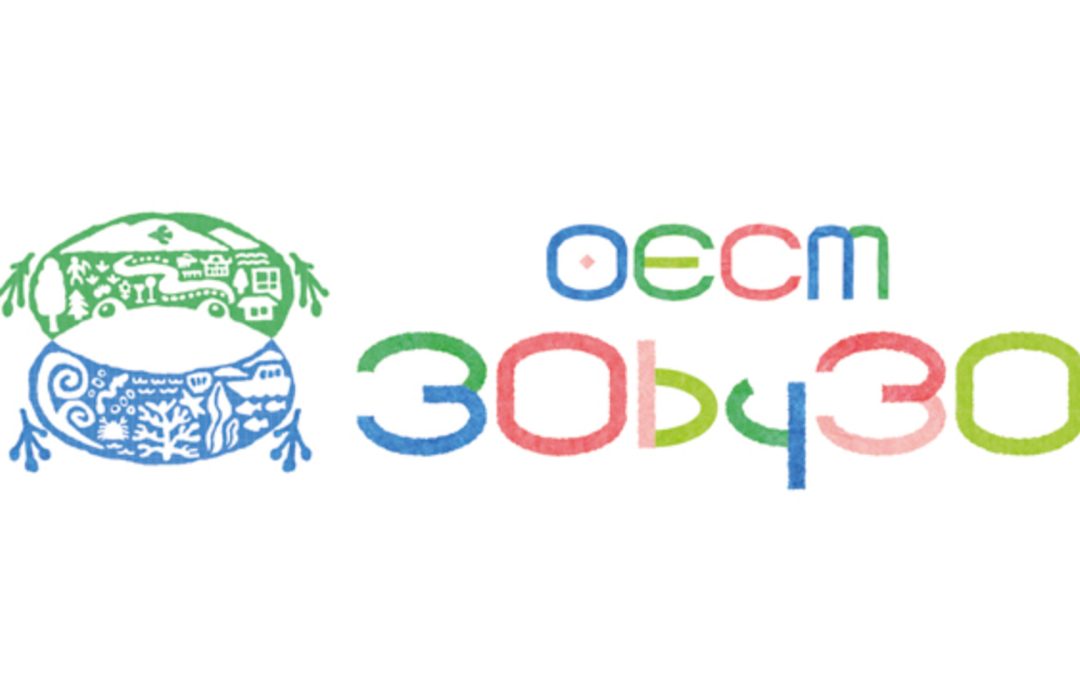 The OEM reported that its sustainable impact strength helped drive more than $1.6 billion (€1.42 billion) in new sales in FY19 and commits to eliminate 75% of single-use plastic packaging by 2025 compared to 2018.
The OEM reported that its sustainable impact strength helped drive more than $1.6 billion (€1.42 billion) in new sales in FY19 and commits to eliminate 75% of single-use plastic packaging by 2025 compared to 2018.
HP Inc. released its 2019 Sustainable Impact Report, highlighting the progress the company is making to drive greater diversity and inclusion, reduce its environmental footprint, and strengthen communities around the world.
As part of these commitments, HP announced a new goal to double the number of Black and African American executives inside the company by 2025.
HP also announced a new goal to eliminate 75% of single-use plastic packaging by 2025, supporting the company’s efforts to drive a low-carbon, circular economy.
HP reported that its sustainable impact efforts helped drive more than $1.6 billion (€1.42 billion) in sales wins in 2019, up an estimated 69%, reflecting the growing business imperative for companies to lead with purpose.
“The HP culture has long been built on the belief that how we do things is just as important as what we do. Recent events have laid bare the systemic racism and deep inequalities that remain a stain on society, and it’s imperative for all companies to act with urgency on all fronts,” said Enrique Lores, HP President and CEO.
“It’s especially important for companies to hold themselves accountable and publicly report their progress,” Lores continued. “This year’s data shows that HP is making significant strides forward in many areas, while also revealing where we must do better. For example, the number of African American employees is below where it needs to be, and we are taking actions to improve. While we have a lot of hard work ahead, our values-driven culture that unites our teams and our partners gives me confidence in our ability to accelerate our progress and foster a more sustainable, equitable, and just society.”
Three hundred million tonnes of plastic are produced each year worldwide, half of which are for single-use and 91% are not recycled at all. Packaging is also experiencing an increase in demand as a result of COVID-19. Packaging comprises a significant portion of total waste produced and can affect the health of our planet and people, which is why HP announced a new goal to eliminate 75% of single-use plastic packaging by 2025. The goal focuses on hardware unit packaging and is predicated on a move to moulded fibre packaging cushions.
In Printing, HP reduced plastic foam by 40% and eliminated over 95 tonnes of the material in 2019 just by redesigning the packaging of a printer model. Launched in 2019, the HP Tango Terra is HP’s first printer with zero plastic packaging, using a combination of moulded fibre cushions and glassine paper to replace the typical plastic foam and bag. In 3D printing, HP recently announced the availability of a new material called polypropylene (PP) that helps reduce waste by enabling up to 100% reusability of surplus powder.
HP announced it is also accelerating its use of recycled content plastics across its print and personal systems product portfolio. During 2019, HP used over 25,000 tonnes of post-consumer recycled content plastic in HP print and PS products, or equivalent to 9% plastics used. The company is working to increase this to 30% by 2025.
HP concluded with its commitment to building a more equitable, more resilient and more sustainable future for all. The company, along with more than 155 businesses signed the ‘Recover Better’ statement, urging governments worldwide to align their COVID-19 economic aid and recovery efforts with the latest climate science, because planetary health affects human health. This type of public advocacy and collective action is an important part of HP’s Sustainable Impact strategy and supports the systemic changes and policy action needed to help HP achieve its goals and commitments as we continue to protect our people, communities and the planet.
To read the full Sustainable Impact Report, click here.



















